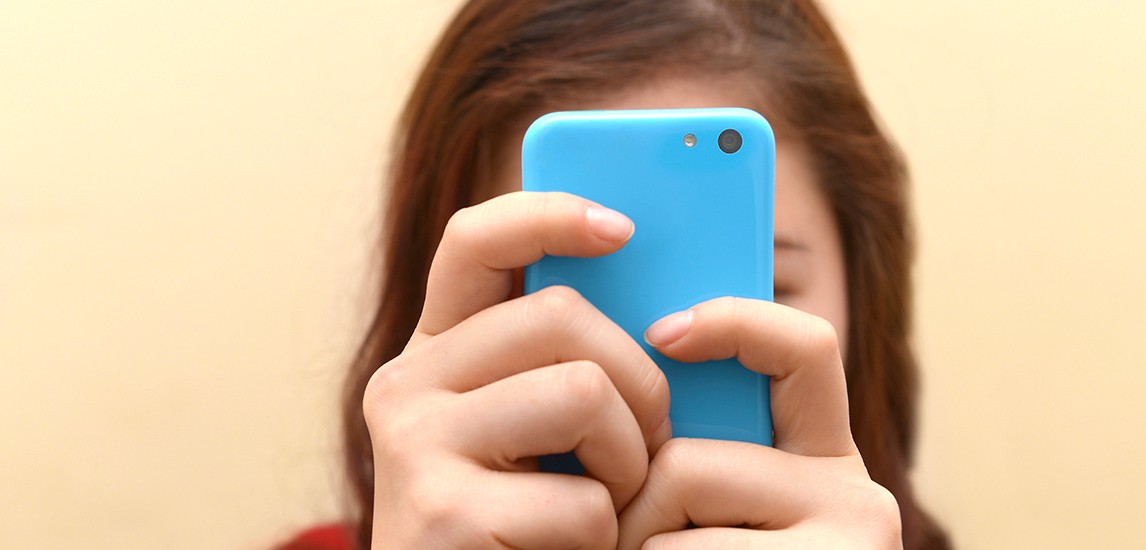Social Media probably is the one thing that takes up a major chunk of our daily lives. In modern times, children and adolescents are exposed to social media right from a very early age. Though the Wikipedia definition of Social Media is interactive computer-mediated technologies that facilitate the creation or sharing of information, ideas, career interests, and other forms of expression via virtual communities and networks, these platforms are predominantly used only for interaction. For example, Facebook, Twitter, Instagram, WhatsApp, YouTube, Online gaming, etc. involves some sort of interactive give and take.
Children usually have an inbuilt curiosity to learn new things which leads to experimenting with social media platforms. This may however expose them to violence, inappropriate content, etc. that is usually prevalent on social media these days. Research shows that a long time exposure of unrestricted and uncontrolled content leads to psychological problems in young children and adolescents.

The Problems:
Brainwashing influence – We all know about the Blue Whale challenge, the Momo challenge, etc. These step by step challenges led to a number of self-harming behaviours. These challenges were spread faster through social media. Their ultimate goal seemed to be normalising a shocking act like suicide. As a result, a large number of children and teenagers had been brainwashed and convinced to commit self-harm and suicide.
Cyber bullying – Most of the children who get exposed to social media early, on their own are many times unaware about privacy settings and cyber safety. They may post tweets or share images just to ‘look cool’ among peers. However, sometimes the content that they post can lead to embarrassing situations for them. Information gets spread rapidly on social media and then the child may face teasing, embarrassment, inappropriate advancements, etc. on social media. They might become a victim of cyber bullying and that can eventually lead to low self-esteem, depression, etc.
Exposure to violence or sexual content – The content on internet is uncensored and has lesser restrictions than content on television/radio or print media. Children can be exposed to extreme violence. As children are imitative and learn through observing, they tend to copy the violent behaviour of the character they perceive as a ‘Hero’. This leads to behavioural problems in children.
Teenagers are in the stage of exploring their sexualities. During this stage, their curiosity is at peak to find more about such content. Exposure to inappropriate sexual content can lead to long term effects on one’s personality including low self-esteem, lack of self-confidence, shame, guilt, etc.
Teenagers are also at risk of getting trapped due to sharing self-images, messages, etc. Once they are trapped then they can be emotionally blackmailed. This can lead to stress, stealing, lying and also suicides.
Need for approval – Children and teenagers in a developing stage need to feel secured and approved by peers and others. They try to satisfy these needs by gaining approval on social media platforms. For example, we may find a typical teenager posting a photo on social media and check the number of likes and comments frequently. But sometimes the need for approval exceeds the limit and the child starts feeling insecure or loss of self-worth if the photo/post does not attain a certain number of likes or likes from certain ‘influential people‘. The effects can be severe for some children like loss of self-esteem, depression, resulting in self-harm or posting controversial posts to gain attention, etc.
The Solution:
The right way to start is to make the children and adolescents aware of the ill effects of social media and ask them not to delve into unchartered waters. In order to keep a tab on psychological problems arising due to social media and how it can be monitored and controlled, there are certain courses available for current and aspiring teachers and parents.
